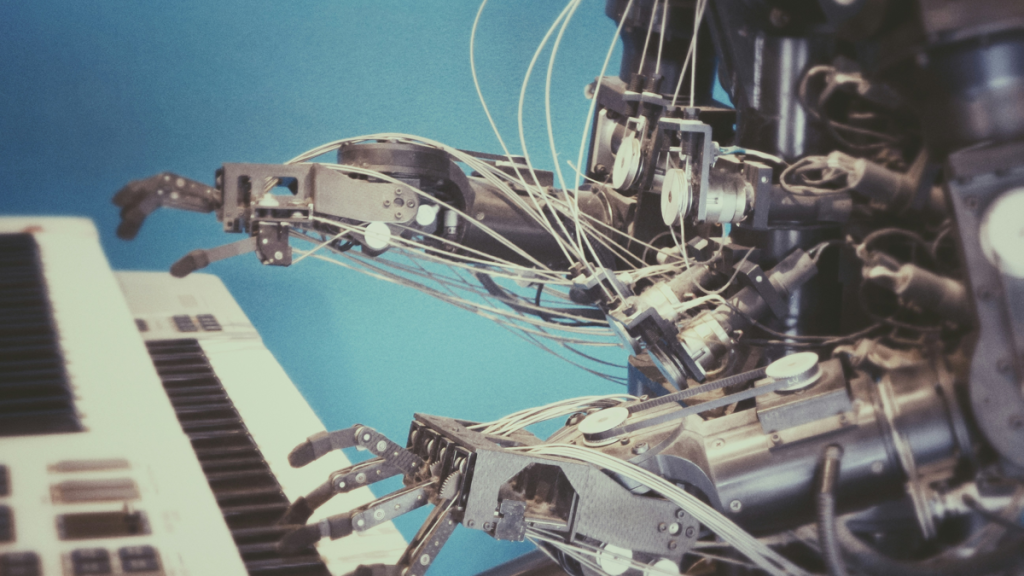Photo Credit: Possessed Photography
Björn Ulvaeus and CISAC complete the ‘first global economic study’ on AI’s impact on musicians and creators, out December 4.
ABBA’s Björn Ulvaeus, president of CISAC, has completed the first global economic study on generative artificial intelligence’s impact on music and audiovisual industries. The study’s findings will be revealed on December 4, with an online press briefing on December 3.
The event will feature a panel led by Ulvaeus and the study’s authors, PMP Strategy, who will discuss how generative AI is set to have a multi-billion dollar impact on revenue streams for creators, from songwriters and composers to translators, directors, and screenwriters.
Program Highlights
- Presentation of PMP Strategy’s Findings: Economic projections on the size of the burgeoning AI content market and an analysis of creator income losses contrasted with revenue growth trends for AI companies.
- Panel Discussion: Featuring CISAC President Björn Ulvaeus, Vice President and film director Angeles González-Sinde Reig, Board Chair Marcelo Castello Branco, and Director General Gadi Oron.
- Q&A Session
The study is commissioned by CISAC, the largest global network of authors’ rights societies (collective management organizations) representing six million creators. It comes with a call to action for policymakers to safeguard human-made works which are fuelling the AI content market.
The report comes on the heels of CISAC’s annual report earlier this year, which revealed AI technologies becoming an unsurprisingly prominent part of the discussion of current trends.
“AI will bring the biggest revolution the creative sector has seen. To prepare, we must act now. We should not sit on our hands waiting to see how things evolve,” wrote Ulvaeus in his foreword in that report.
“We cannot let tech companies and policy makers sit at the decision-making table while the creators are left outside the room. On the contrary, we must raise our voices so they are heard by governments at the highest level. We must be coordinated and united, looking for global solutions.”
Both Ulvaeus and Oron hailed the EU’s AI Act as an important first step. “I think copyright and creators’ interests are now higher on the agenda of governments than before, but there is still a huge amount of education and advocacy to do,” said Oron.
CISAC has also previously organized an open letter to policymakers laying out its views and those of other creative industry bodies on the regulatory wishlist for AI.

